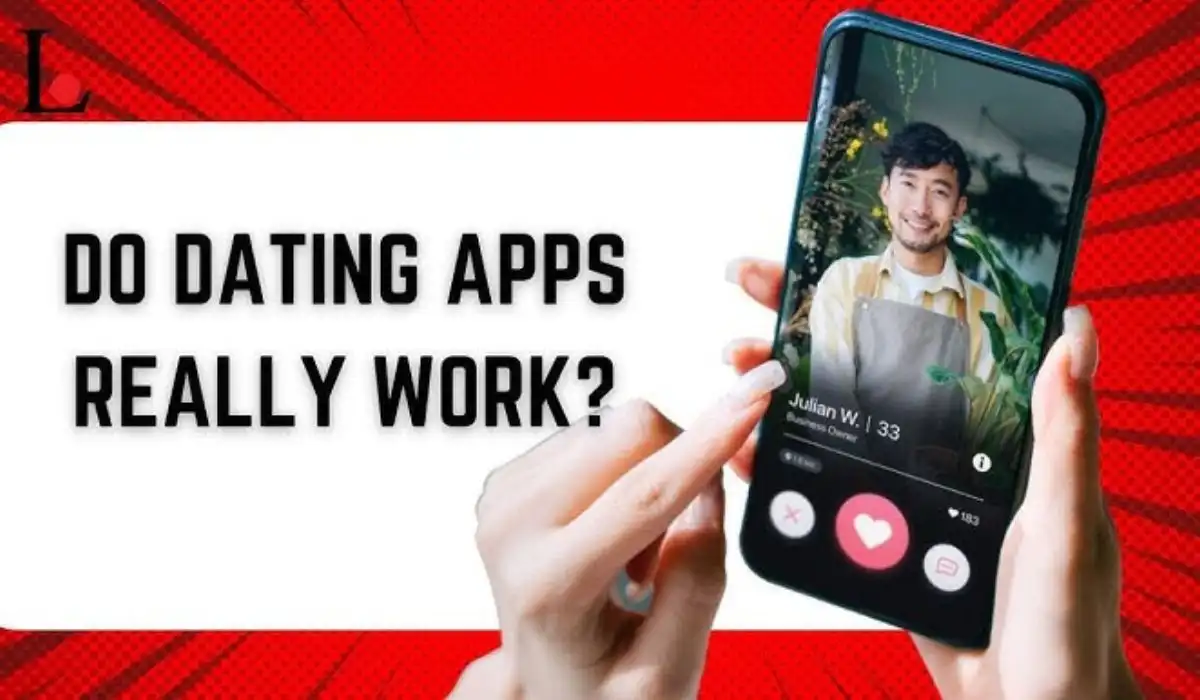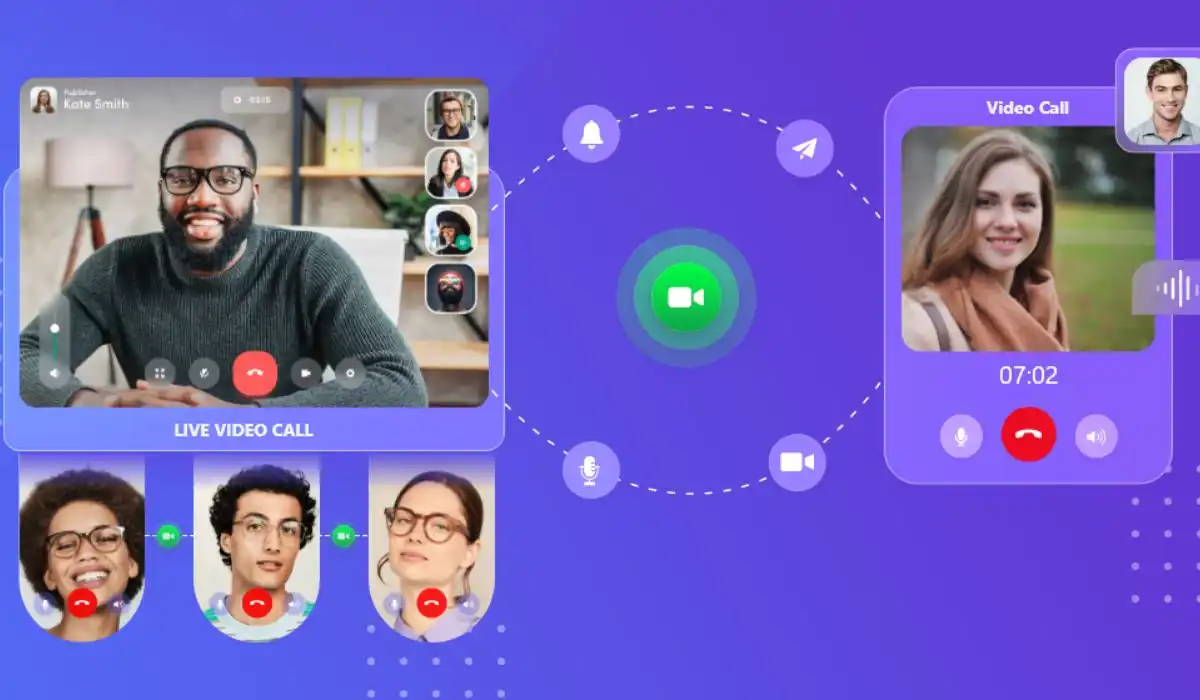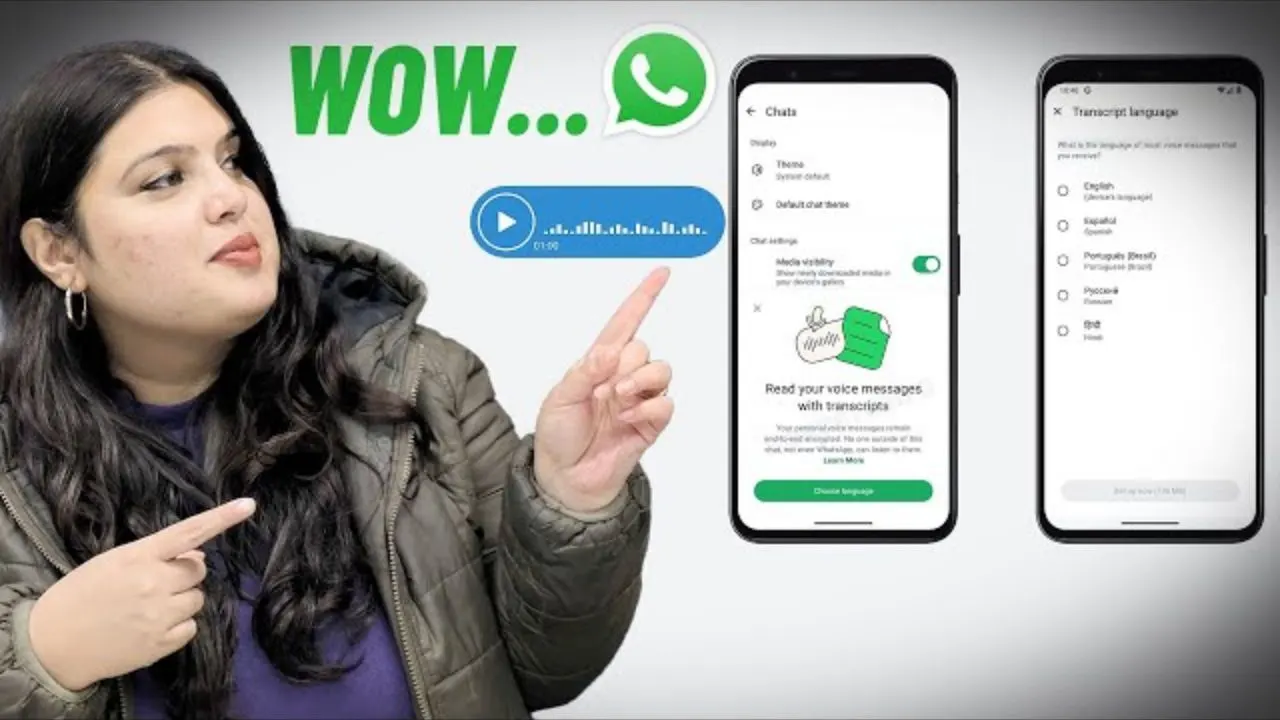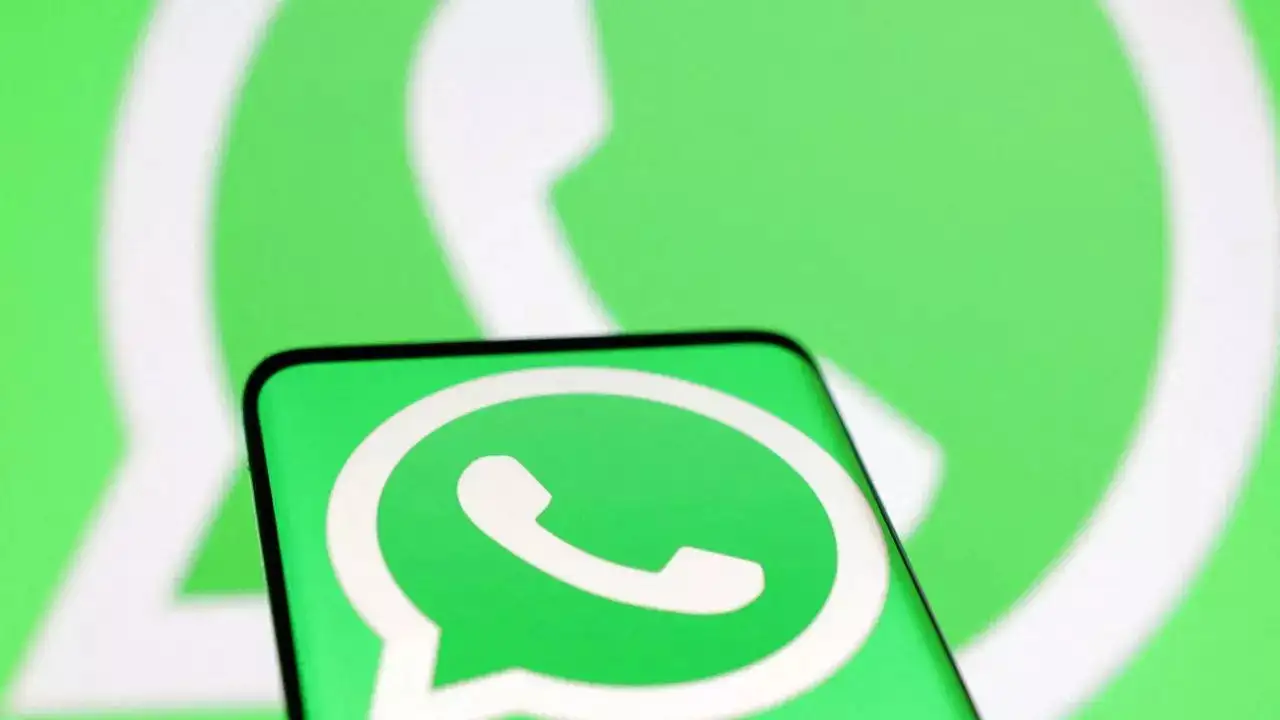In today’s digital-first world, dating apps are no longer just a trend — they’re one of the most common ways people meet, connect, and even marry. But a question still lingers in 2025: Do dating apps really work?
The short answer is yes — but with a few caveats. While some people use apps casually, others find lifelong partners. The key lies in how you use them, which app you choose, and your expectations. Let’s dive into the success stories, statistics, and expert insights that show how dating apps are shaping relationships in 2025.
📊 Dating Apps in 2025: The Numbers
Recent studies reveal how deeply dating apps are embedded in modern relationships:
- 45% of couples in 2025 say they met online — a jump from just 25% a decade ago.
- 70% of Gen Z and Millennials report using at least one dating app in the past year.
- 1 in 5 marriages in 2025 began on an app like Tinder, Bumble, or Hinge.
- LGBTQ+ relationships: Over 60% of same-sex couples met online, showing how apps provide inclusive spaces.
- Success rate: About 33% of people who use dating apps for over 6 months report entering a serious relationship.
👉 These numbers highlight that dating apps do work — but they aren’t magic. They simply widen your chances of meeting people outside your immediate circle.
❤️ Real-Life Success Stories from Dating Apps
1. From Swipe to Wedding: A Tinder Love Story
A couple in New Delhi matched on Tinder in 2022. After two years of long-distance (thanks to career moves), they tied the knot in 2025. Tinder’s algorithm connected them based on shared interests like travel and photography.
2. Bumble and Shared Ambitions
An entrepreneur in London and a software engineer in Berlin met on Bumble. The woman made the first move, sparking a conversation about business ideas. Fast forward — they now run a startup together and are engaged.
3. Hinge’s “Designed to Be Deleted” Promise
Hinge has lived up to its slogan. Many users in 2025 report deleting it within months after finding serious partners. One couple in New York met through a shared answer about their “perfect Sunday morning” — now they’re expecting their first child.
4. LGBTQ+ Connections on Grindr & HER
Apps like Grindr and HER continue to create safe spaces for LGBTQ+ communities. Success stories often highlight how these platforms help users find love in places where it may still be difficult to meet openly.
🧠 Why Dating Apps Work (When They Do)
- Expanded Pool of Matches – You’re not limited to who’s in your neighborhood or social circle.
- Filters & Algorithms – Apps now use AI to match based on compatibility, not just proximity.
- Convenience & Accessibility – Video calls, profile prompts, and AI chat assistants make first impressions smoother.
- Cultural Shift – Meeting online is now normalized; there’s less stigma compared to a decade ago.
⚠️ When Dating Apps Don’t Work
Of course, not everyone finds success. Common issues include:
- Ghosting & Flaky Behavior – Many users report people disappearing after a few chats.
- Choice Overload – Too many options can lead to indecision or shallow connections.
- Different Intentions – Some users want hookups, others want marriage; mismatched goals can frustrate both sides.
- Scams & Fake Profiles – Though apps have improved security, scams still exist.
🔮 The Future of Dating Apps in 2025 & Beyond
Dating apps are rapidly evolving:
- AI Matchmaking: Apps like Hinge and Bumble now suggest matches based on deeper behavioral insights.
- Virtual Reality (VR) Dates: Some platforms let you meet in virtual cafés or parks before meeting in person.
- Safety Features: Real-time location sharing and in-app background checks are becoming the norm.
- Niche Apps Rising: From farmers-only platforms to pet-lovers dating apps, niches are growing.
✅ So… Do Dating Apps Really Work?
The answer is: Yes, they can — if you use them with clarity and patience.
- Looking for something casual? Apps can connect you instantly.
- Want a serious partner? Apps like Hinge, Bumble, and eHarmony are designed for long-term success.
- Need inclusivity? Platforms like Grindr, HER, and OkCupid are leading the way.
Ultimately, dating apps are tools. They won’t do the work for you, but they open doors that may have stayed shut otherwise.
📝 Final Thoughts
By 2025, dating apps are no longer “alternative” — they’re mainstream. Millions of couples worldwide can testify that these platforms do lead to love, marriages, and lifelong friendships. With the right mindset, a clear profile, and a little patience, your next swipe could lead to your forever story.
💬 Have you ever found love (or heartbreak) on a dating app? Share your story in the comments — your experience might inspire someone else!




